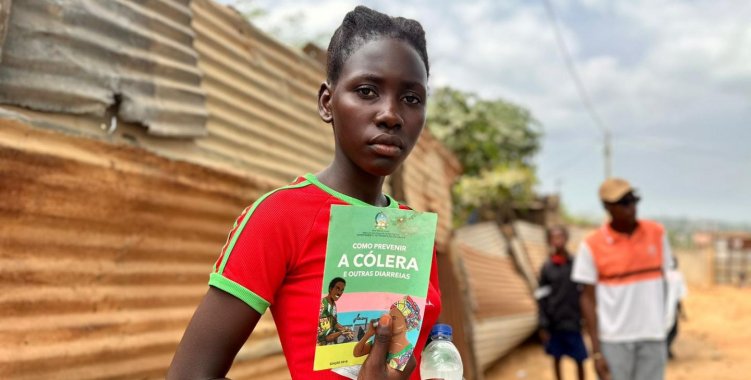According to a statement from the EU delegation in Angola, the European funding aims to support the efforts of the Angolan Red Cross in providing aid, including drinking water, health care, sanitation and hygiene.
Additionally, the intervention will focus on risk communication and community engagement to combat misinformation and raise public awareness.
The cholera outbreak registered since January 7 has already spread to eight provinces, with a total of 1710 cases having been recorded as of Sunday, with 59 fatalities.
The EU-backed programme will run for four months, until the end of May 2025, and is expected to reach 384,000 people in the provinces of Bengo, Cuanza Norte, Huambo, Huíla, Icolo e Bengo, Luanda, Malanje and Zaire.
Luanda province is the most affected, with a total of 1006 cases and 37 deaths. All municipalities in the province are classified as high risk due to population mobility and the movement of goods, with the municipality of Cacuaco identified as the epicenter of the outbreak.
The epidemic is exacerbated by poor water supply and inadequate sanitation in densely populated urban areas and the rainy season, increasing the need for rapid and coordinated action by health authorities, non-governmental organizations and international partners.
"Immediate efforts are needed to contain the outbreak, prevent further transmission and ensure timely treatment of affected people," the statement said. The outbreak also poses a serious threat to neighboring provinces, highlighting the need for a comprehensive national response.
The funding is part of the EU's overall contribution to the Disaster Response Emergency Fund (DREF) of the International Federation of Red Cross and Red Crescent Societies (IFRC).







